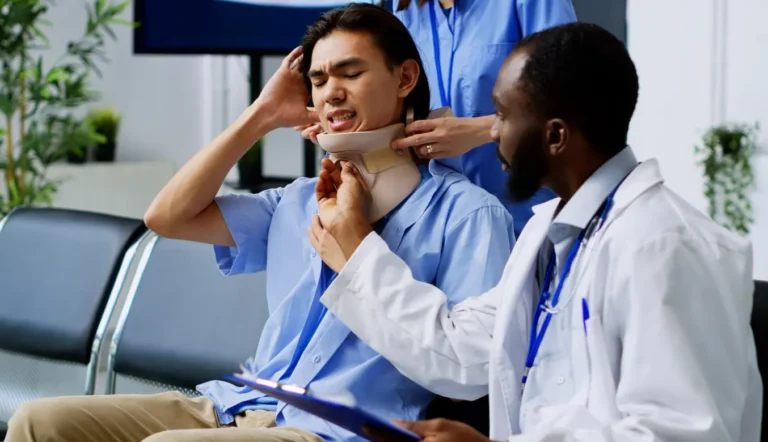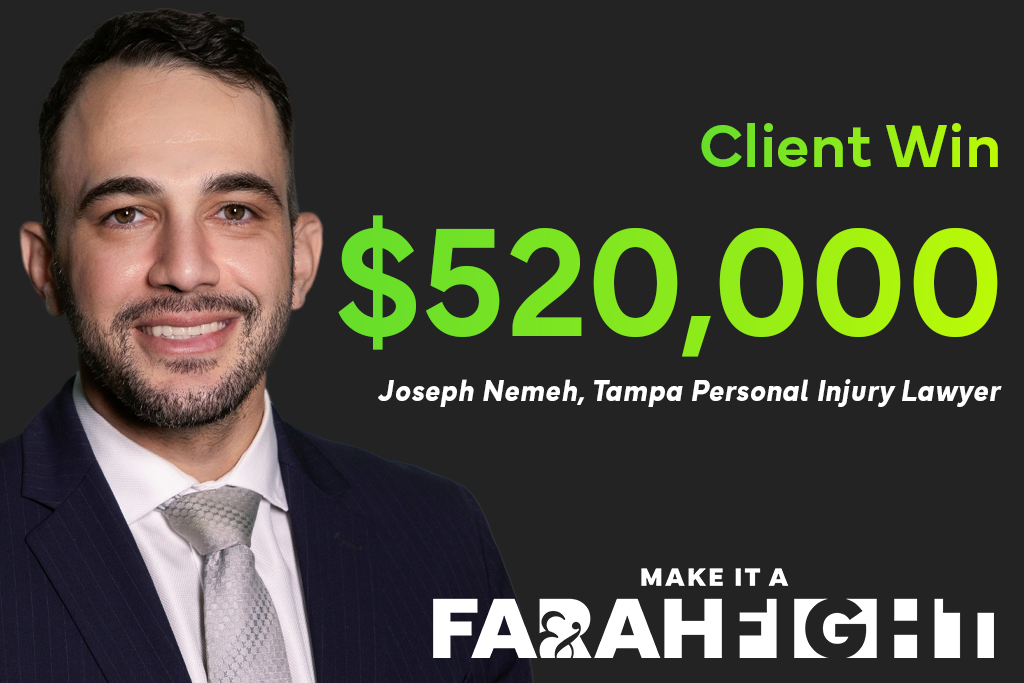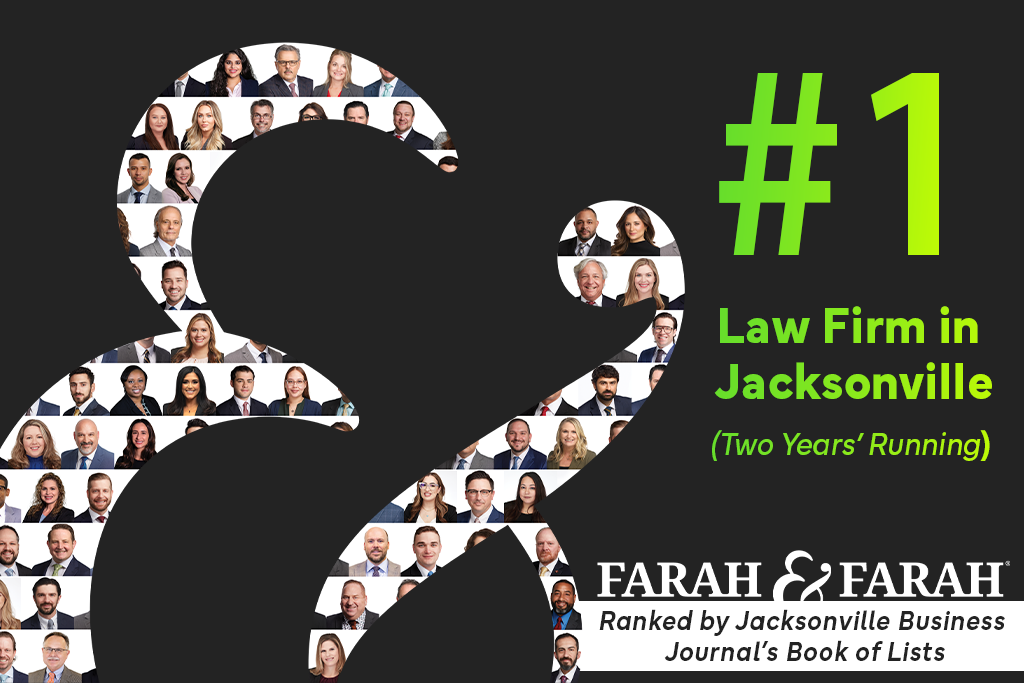As Florida moves into Phase III reopenings, residents and tourists alike are seeking out the many entertainment venues in the state and Florida has some of the best amusement parks in the world. Disney World, Universal Studios, Busch Gardens, SeaWorld, LegoLand, and others are still very popular destinations for many tourists each year. However, a recent legal battle involving more than a hundred people who were hurt in Universal’s new waterpark – Volcano Bay – highlights just how little information is made public by theme park operators when injuries and accidents occur on their rides.
In today’s spotlight, we’ll look at what happened at Universal and the laws on the books concerning negligence in a personal injury lawsuit in Florida.
Water Ride Had a Documented History of Injuries
At Universal Studios Volcano Bay, the waterpark’s iconic Punga Racers has a notorious history of injuries, stemming all the way back to the opening day of the ride. Recently released court documents reveal that Universal Studios was aware of the many injuries and even the uneasiness of staff related to the safety of the ride. Since it’s opening, 115 people have been injured on Punga Racers and one rider, James Bowen, was paralyzed from the neck down. Other waterslides like Kala & Tai Nui Serpentine Body Slides, Maku Puihi Round Raft Rides, and the Ko’okiri Body Plunge have also had reported injuries.
Scores of Universal’s internal injury reports describe everything from chipped teeth to whiplash and concussions. In Mr. Bowen’s case, as he was ending his ride a wave of water caused his neck to snap back which left him paralyzed and face down in the water. As he lay in the shallow catch basin, Bowen was rescued by his wife and a Universal staffer, according to a negligence suit filed in Orange County Circuit Court in October against Universal and the ride’s designer, Proslide Technology. As he relearns to walk, Mr. Bowen is simply one of many that have been left with permanent scars, some visible and others not.
What is Negligence in a Personal Injury Lawsuit?
Patrons alleging Universal Studios knowingly ignored safety precautions even as injury reports piled up are the grounds for claims of negligence in the dozens of personal injury lawsuits now facing the theme park operator.
Within the court documents of James Bowen’s case, there is a startling amount of information which shows that Universal was well aware of the fact that the ride was dangerous including internal emails among engineering staff which raised questions about the safety of the ride. Even a few of the ride’s safety testers, which test a ride before it’s opened to the public, were injured during trials. Despite all of this, Universal allowed the slides of Volcano Bay to remain open, ultimately resulting in more than one hundred reported injuries and, at present, 73 different lawsuits against Universal.
Florida Statute Chapter 768 deals with the State’s definition of negligence and all the laws surrounding this theory. Simply put, negligence is not taking the steps a reasonable person would do to ensure the safety of someone else in a given situation. Universal Studios is alleged to have been negligent as they failed to take the necessary precautions to address the injuries occurring on the Volcano Bay rides.
Under the theory of negligence, there are three main areas that an Orlando personal injury attorney and their client needs to establish in order to be eligible for compensation in a case:
- Duty of Care – in Universal’s case, the theme park has a basic duty to ensure that their park’s guests have a safe environment to enjoy themselves in. It needs to be shown where the park failed to provide the basic level of safety required to avoid the injuries that took place. When a party fails to provide basic protections, it’s referred to as a breach of duty of care.
- Causation – there needs to be a clear-cut link between the breach of duty of care we just discussed and the accident that caused the injury or damages. This means that a reasonable person would be able to see that their actions (or lack thereof) might be the cause of an accident and should take steps then to prevent it.
- Damages – finally, a claim of negligence needs to be able to show damages like medical bills and lost wages. These are referred to as “economic damages” but there are also non-economic damages that can include things like loss of enjoyment of life or pain and suffering.
In a Florida personal injury lawsuit, the defendants may try to diminish the amount they are responsible for by leaning on the doctrine of contributory fault. Under F.S. 768.81.2, the injured party (claimant) might have the amount they’re able to claim be lessened when it can be shown they were partially responsible for the accident and/or injury. At Farah and Farah, we’ve seen this trick in court tried to be used countless times and we know the best strategies to hold the negligent owners responsible for the injuries our clients received and to pay the maximum compensation that’s due.



If you were injured in an accident due to someone else’s negligence, Farah & Farah is here for you. We’ve relentlessly fought for the right to compensation for our clients and their families since 1979.
What to Do if You’re Injured at a Theme Park
When a day of fun turns to anything but and you or a loved one is facing an injury, there are some steps you should take to protect yourselves moving forward.
- Seek medical attention.
- Keep all medical records, receipts, and other documentation.
- If you’re able, take a few pictures and/or video of where you were hurt.
- Report the injury to theme park staff and ask for a copy of their incident report.
- Ask for the names and contact information of any witnesses to your injury.
- Get an experienced Florida personal injury attorney to represent you.
Get a Free Case Review With a Trusted Florida Personal Injury Attorney
Farah and Farah has been protecting victims of negligence with a client-first approach since the day we opened our doors back in 1979. With a winning track record with personal injury cases, our firm can come alongside you and your family and take on the burden of seeking maximum compensation for your case.
Contact our team today to set-up a free consultation with an experienced personal injury attorney. We’ll review all of the details and let you know our opinions on the best way to move forward.










